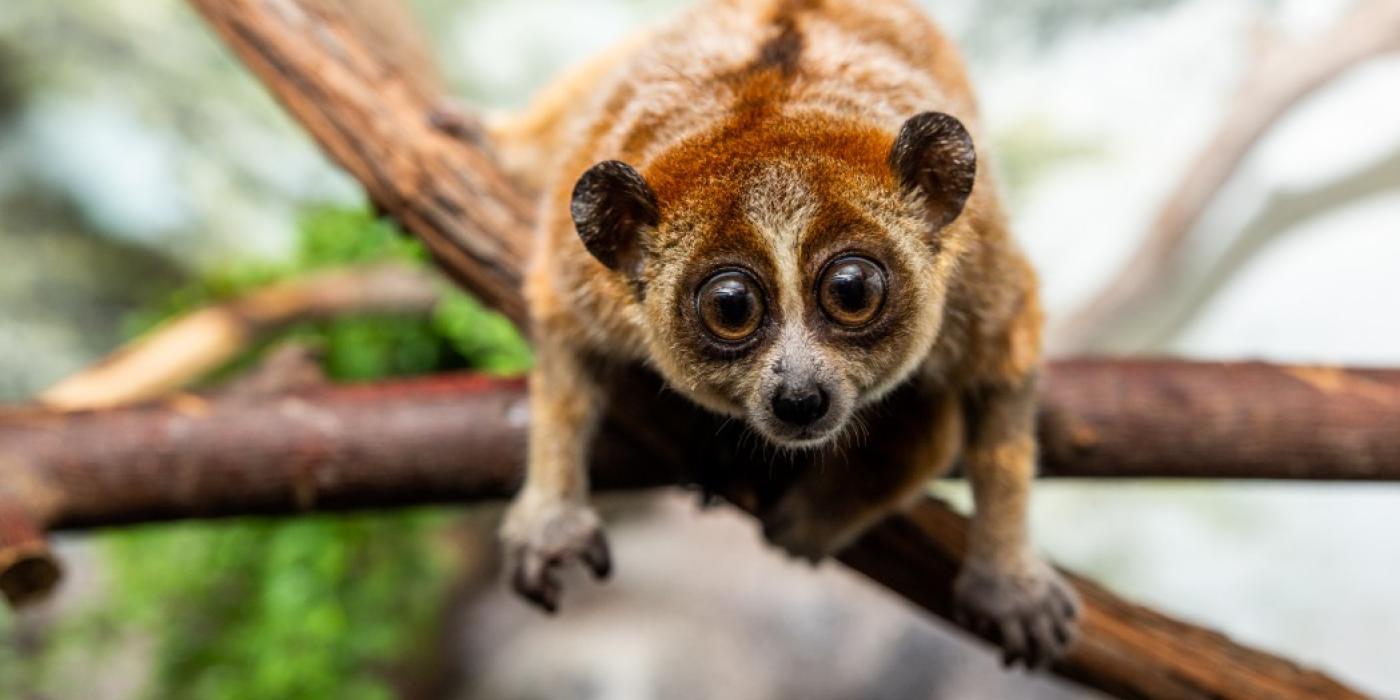Most people when it comes to pet ownership consider dogs, cats, or maybe even hamsters. Still, there is a whole universe of exotic pets that surpasses the typical domestic friend. From the odd to the very strange, these exotic animals have different traits that make them interesting friends.
This article will explore 20 less well-known exotic animals as pets that are not only fascinating but also need a great degree of responsibility and care.
We should know right before we start that owning exotic animals is not a choice to be made lightly. These animals have specific demands, hence potential owners should do extensive study and be ready before introducing one into their house.
1. Fennec Fox
Small, nocturnal inhabitant of the Sahara Desert in North Africa, the fennec fox is Popular among exotic pets enthusiasts, the fennec fox is known for its big ears, which assist disperse heat. Highly sociable and able to create close relationships with their owners are these exotic animals.
Fennec foxes are also diggers, hence they need a safe outside space where they may dig comfortably. Buying exotic animals like fennec foxes means knowing their food, which usually consists of insects, tiny rodents, fruits, and vegetables.
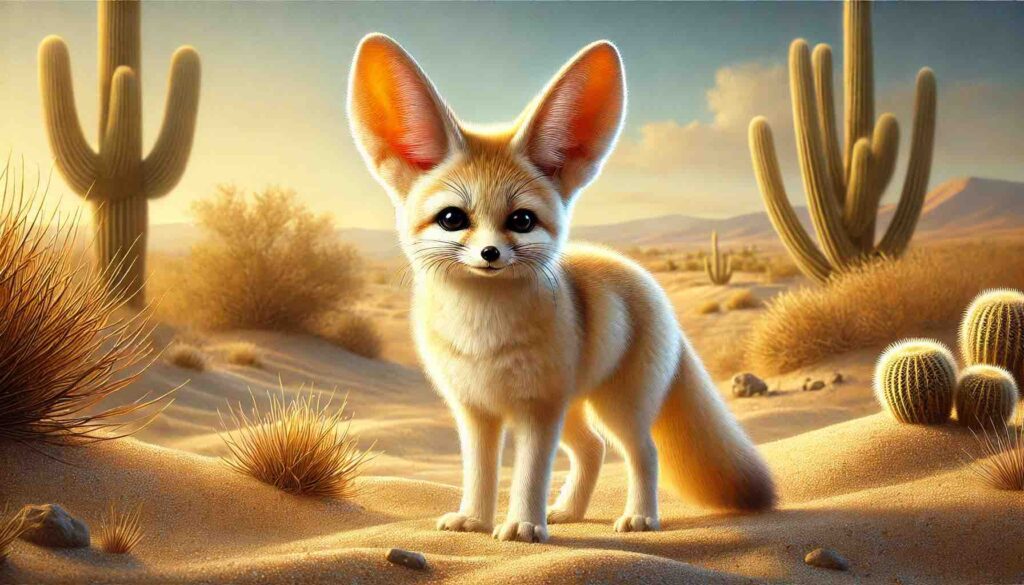
Owners should also be advised that these foxes may be quite loud and produce yips, barks, and howls among other noises.
2. Axolotl
Unique native amphibian from Mexico is the axolotl, often referred to as the Mexican walking fish. Unlike other amphibians, axolotls do not go through metamorphosis; rather, they have larval traits like gills throughout their lifetime. Aquatic animals called axolotls need a well kept aquarium with cold, fresh water.
Buying exotic animals like axolotls calls for a dedication to preserving their aquatic habitat as inadequate water quality could cause medical issues. Axolotls are of particular interest in scientific study as they can recover severed limbs.
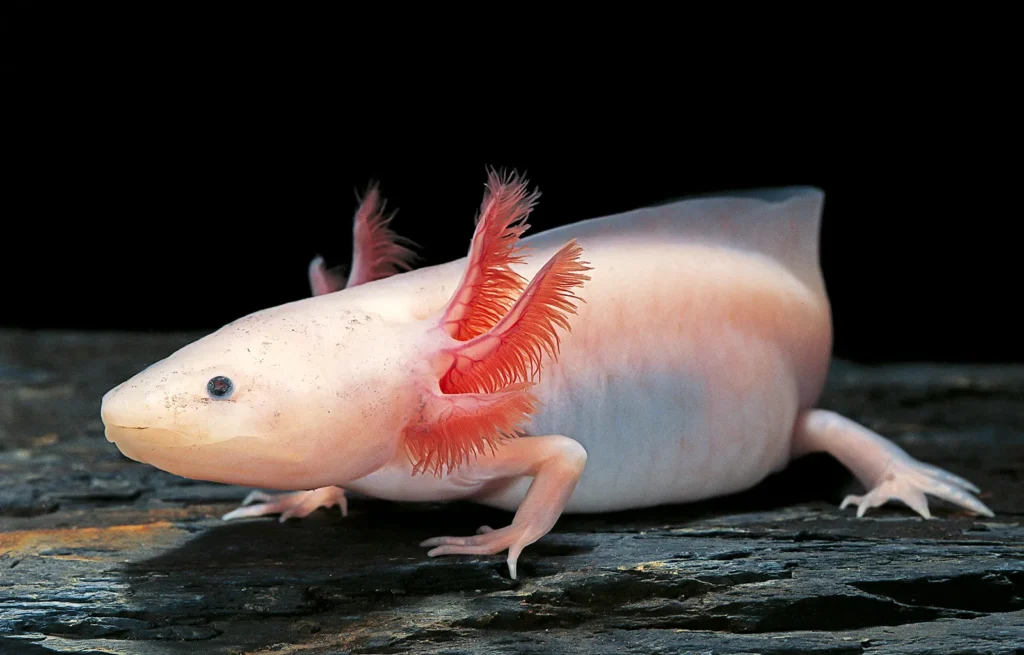
3. Serval
Native to Africa, medium-sized wild cats, servals have long legs, big ears, and unique coat patterns. Highly nimble and able to jump several feet into the air to capture prey, these unusual creatures.Servals are also solitary animals, hence they may not like the company of other dogs.
Buying exotic pets such as servals requires a great dedication to their care, including guaranteeing a diet high in raw meat and plenty of mental and physical stimulus. Given that servals are regarded as wild animals in many locations, potential owners should also be aware of the legal limits around their possession.
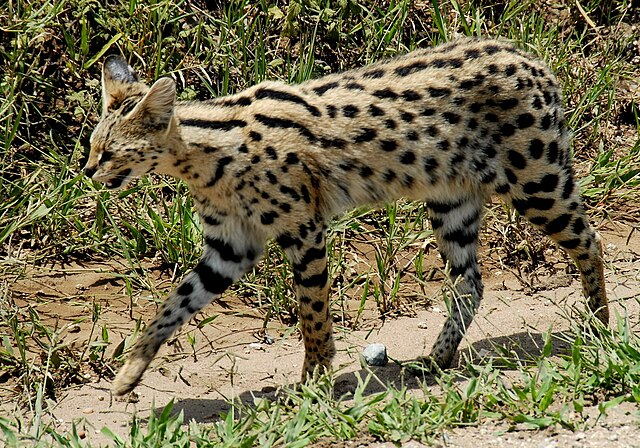
4. Sugar Glider
Small, nocturnal marsupials native to Australia and New Guinea, sugar gliders are Their fondness of sweet foods and their ability to glide through the air—thanks to a membrane of skin from their wrists to their ankles—help to define them.
Those who have the time and means to care for more than one animal will find these exotic pets to be an excellent fit as they are rather gregarious and flourish in couples or small groups.
Buying exotic animals as pets like sugar gliders also means being ready to provide them a big cage with branches and other structures for climbing and gliding.
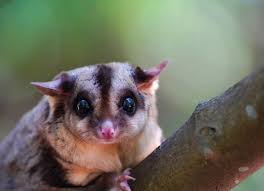
5. Pygmy Goat
Little and sociable, pygmy goats have grown in popularity as unusual pets. For those seeking a more engaging pet, these very sociable animals are a great option as they can be rather loving with their owners.
Buying exotic pets like pygmy goats also requires knowing their food requirements, which include fresh vegetables, grains, and hay. Though they may be maintained as pets, pygmy goats are still cattle animals and need appropriate care to avoid health concerns like obesity and foot problems.
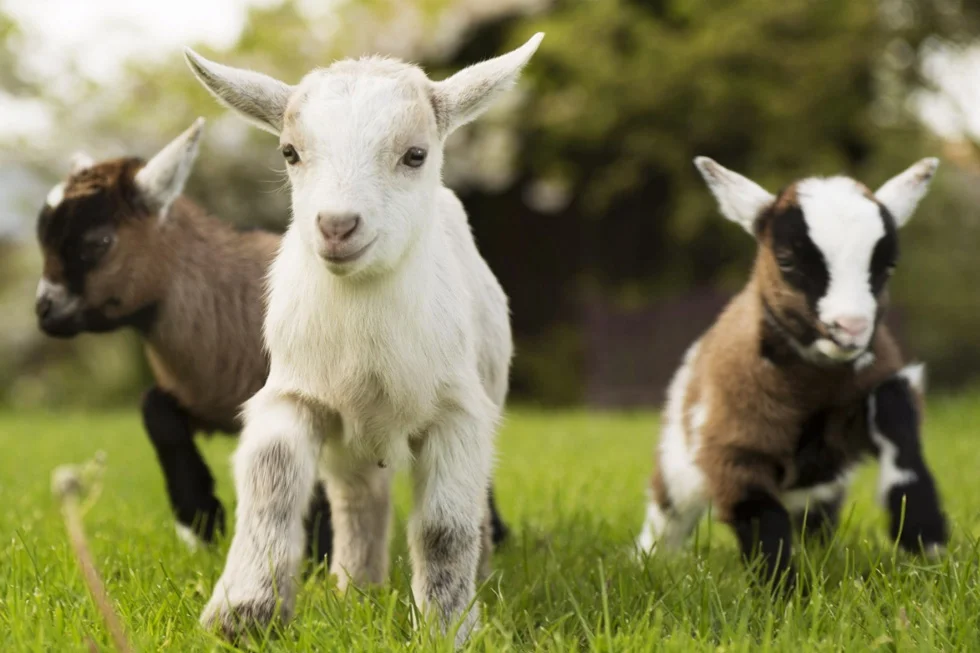
6. Capybara
Native to South America, the capybara is the biggest rodent known worldwide. Highly sociable and living in groups in the wild, these semi-aquatic mammals include Those who like exotic animals as pets find capybaras appealing because of their peaceful and kind demeanor.
They do, however, need plenty of room, including access to a body of water where they may cool themselves and swim. Buying exotic animals like capybaras requires a great dedication as they may grow really big and have certain environmental demands.
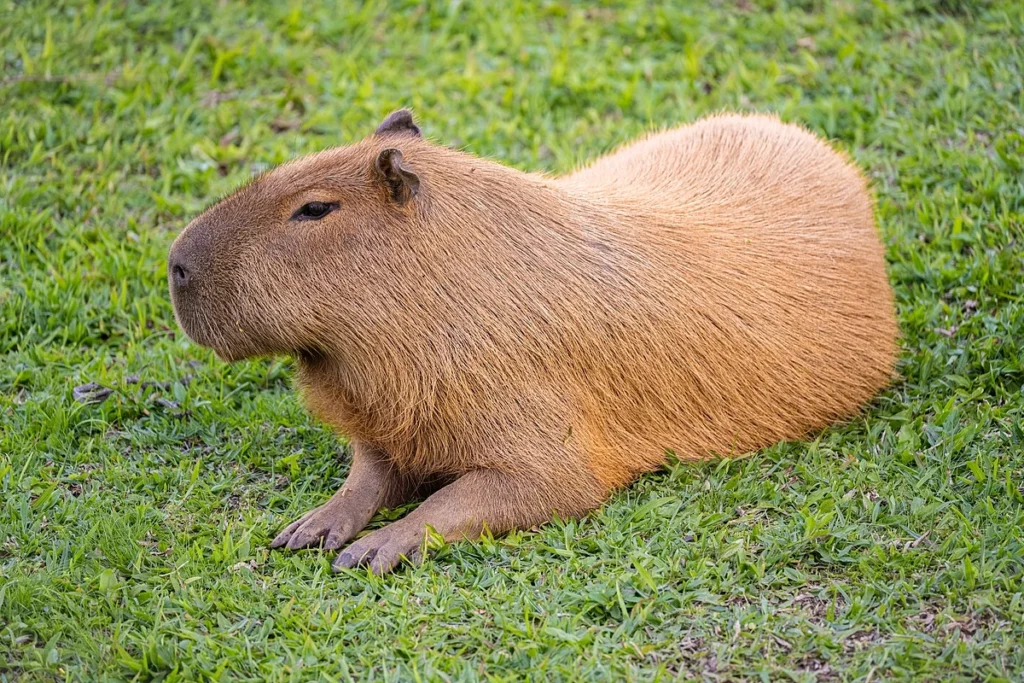
7. Kinkajou
Small, nocturnal animals native to Central and South America, kinkajous—also called “honey bears”—are Long, prehensile tails on these exotic pets that allow them to grab branches as they traverse the forest.
Though they are rather active and need plenty of room to climb and explore, kinkajous are extremely sociable creatures and may develop close relationships with their owners.
Buying exotic animals like kinkajous requires one to be ready to provide them with a sizable, safe habitat complete with branches, ropes, and other climbing-oriented constructions.

8. Wallaby
Small to medium-sized marsupials native to Australia and New Guinea are wallabies. Though smaller in size, these exotic animals as pets resemble kangaroos and are thus a more reasonable choice for individuals who want unusual pets.
Being herbivores, wallabies should eat a diet of grasses, vegetables, and especially made wallaby pellets. They also need a lot of outside area where they may jump about and graze.
Buying exotic animals like wallabies requires a dedication to provide a safe and secure habitat because their strong legs and forceful kicks are well recognized.
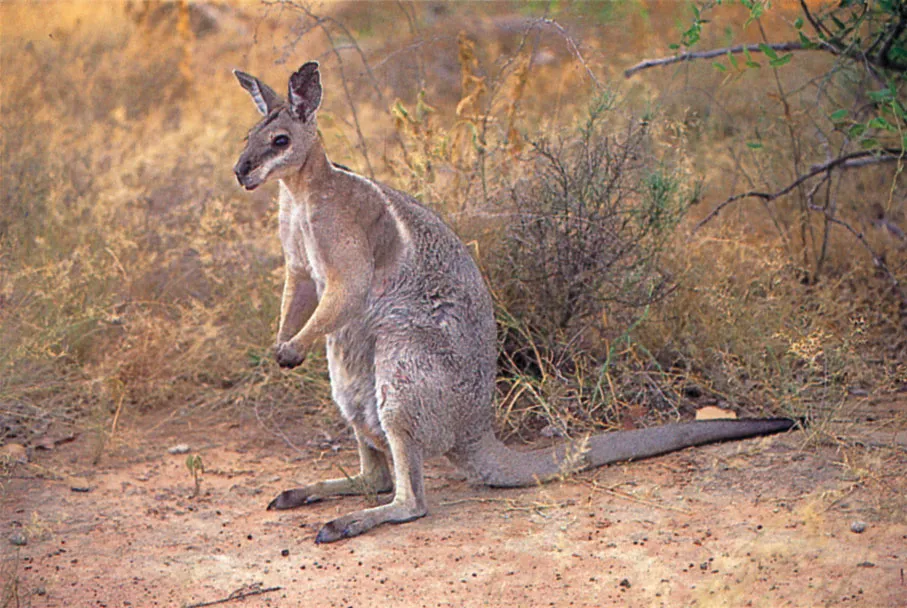
9. Spotted Genet
Small, thin animals endemic to Africa and certain areas of Europe are spotted genets. Their nimble and flexible physique enables them to smoothly and fast maneuver throughout their surroundings.
These exotic animals as pets are better appropriate for owners who value their natural character and are somewhat independent. Usually include small animals, birds, and insects, spotted genets are nocturnal and spend much of their time foraging for food.
Buying exotic animals such as genets calls for a dedication to provide them a spacious, safe habitat where they may climb, leap, and explore.
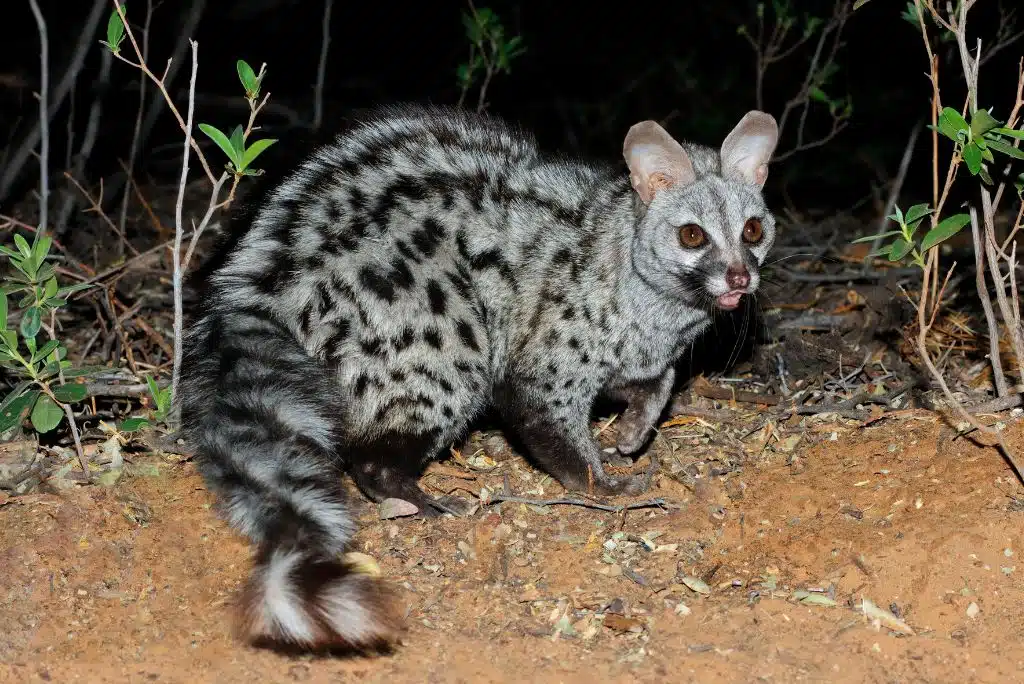
10. Patagonian Mara
Large native rodent from Argentina, the Patagonian mara resembles a hybrid between a rabbit and a tiny deer. Living in couples or small groups in the wild, these exotic animals are very gregarious.
They also need a big outside area where they may run and play. Buying exotic animals like Patagonian maras requires knowing their social requirements as they thrive when housed among other maras. They may be devoted and fascinating animals with enough care and patience.
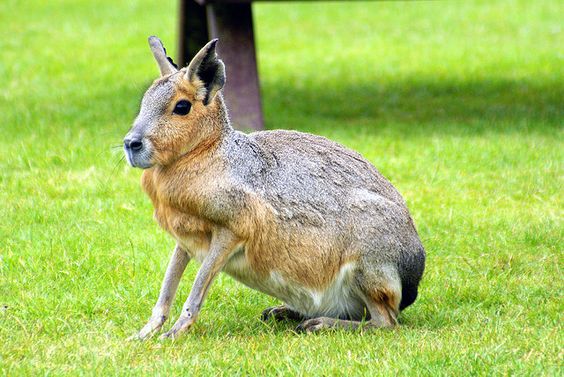
11. Coatimundi
Native to Central and South America, coatimundis—also known as coatis—are raccoon-like creatures. These exotic animals as pets are well-known for their inquisitive and energetic demeanor as well as for their keen sense of smell, which they use for food gathering.
Highly active creatures, coatimundis need plenty of mental and physical stimulus to keep from being bored. Buying exotic animals such as coatimundis requires one to be ready to provide them with a spacious, safe cage complete with climbing frames and other kinds of enrichment.

12. Burmese Python
Native to Southeast Asia, the Burmese python is among the biggest snakes known worldwide. For people who want unusual pets, these exotic creatures are difficult choices as they may weigh more than 200 pounds and reach lengths of over 20 feet.
Large, safe enclosures with plenty of room for Burmese pythons to stretch out and roam around are what they need. To be healthy they also need a regulated environment with certain temperature and humidity levels.
Buying exotic animals as pets such as Burmese pythons requires a great dedication to their upkeep as they may survive for over twenty years in captivity.
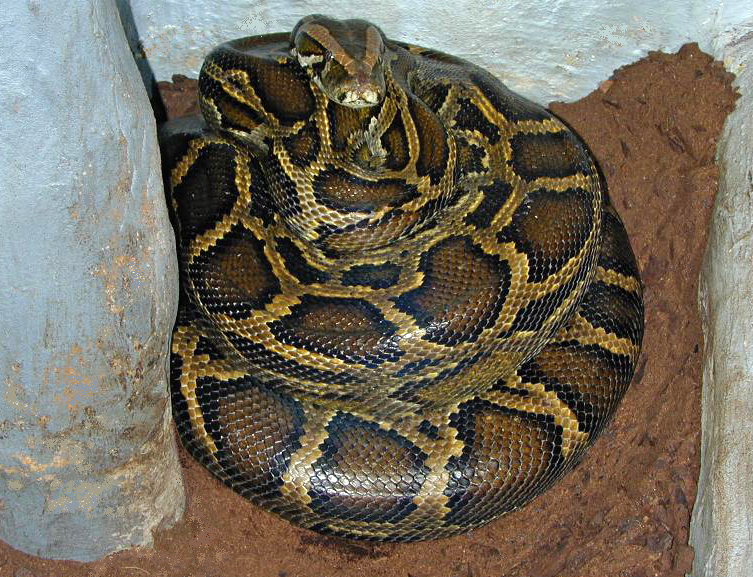
13. Fennec Bat
These unusual animals have tiny, fragile bodies and big ears that let them find food in the dark. Being nocturnal, fennec bats need a specific habitat where they may fly and catch insects.
Buying exotic animals such as fennec bats requires a great dedication to their care as they need a regulated surroundings with certain temperature and humidity levels. Fennec bats also need a diet of fruits and nectar in addition to a range of insects like mealworms and crickets.
Potential owners should be ready to take care of many as these bats are gregarious creatures that thrive in groups.
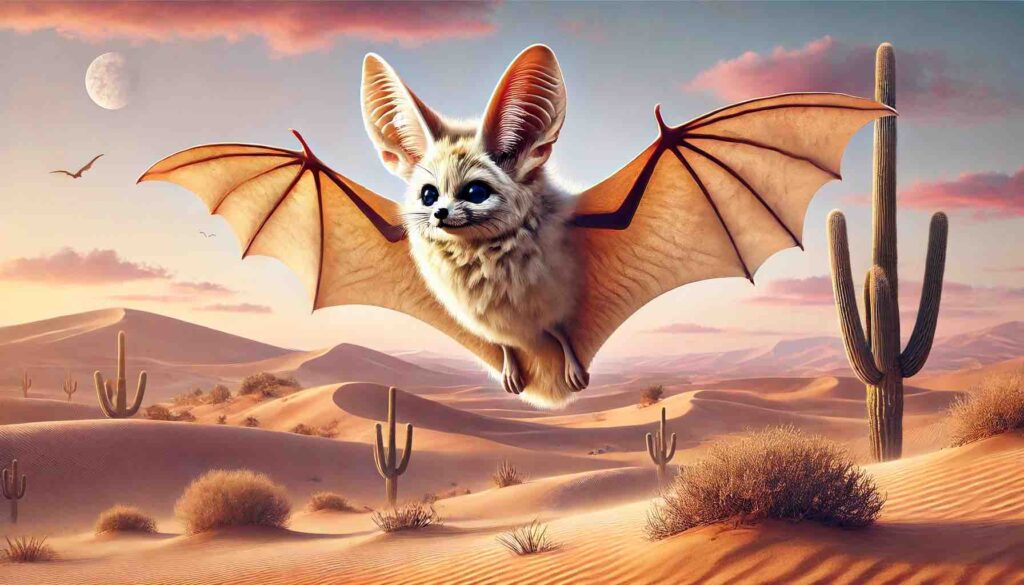
14. Asian Palm Civet
Small, nocturnal native of Southeast Asia, the Asian palm civet is a mammal. Made from coffee beans chewed and expelled by the civet, these unusual mammals are well-known for helping to create kopi luwak coffee.
Solitary creatures, Asian palm civets need a safe habitat where they may climb and explore. Being omnivores, they should be given a diet of fruits, vegetables, insects, and modest quantities of meat.
Buying exotic animals as pets such as Asian palm civets requires knowledge of their particular nutritional requirements and enough entertainment to ward against boredom.
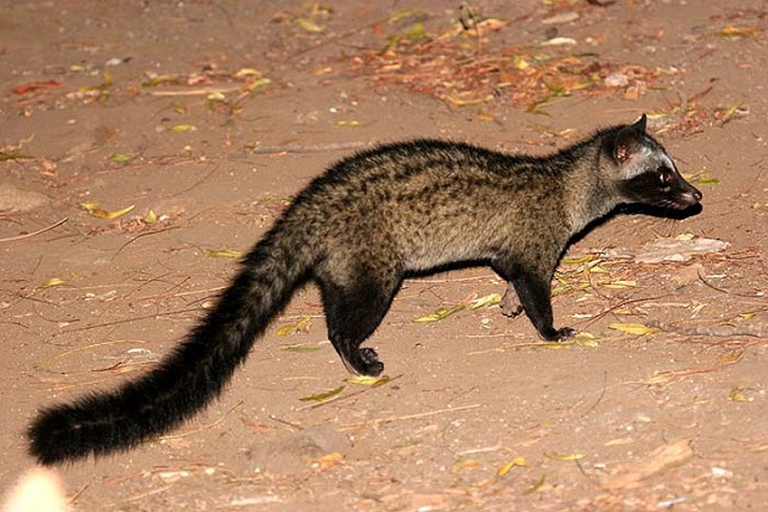
15. Slow Loris
Small, nocturnal native of Southeast Asia, the slow loris is a monkey. Large eyes and slow, methodical motions are hallmarks of these unusual pets. Furthermore distinctive are slow lorises as they employ their poisonous bite to protect themselves from predators.
Buying exotic animals like slow lorises calls for a great dedication to their maintenance as they have particular food requirements and are challenging to maintain in captivity.
Being omnivores, slow lorises should consume fruits, vegetables, insects, and little quantities of meat.
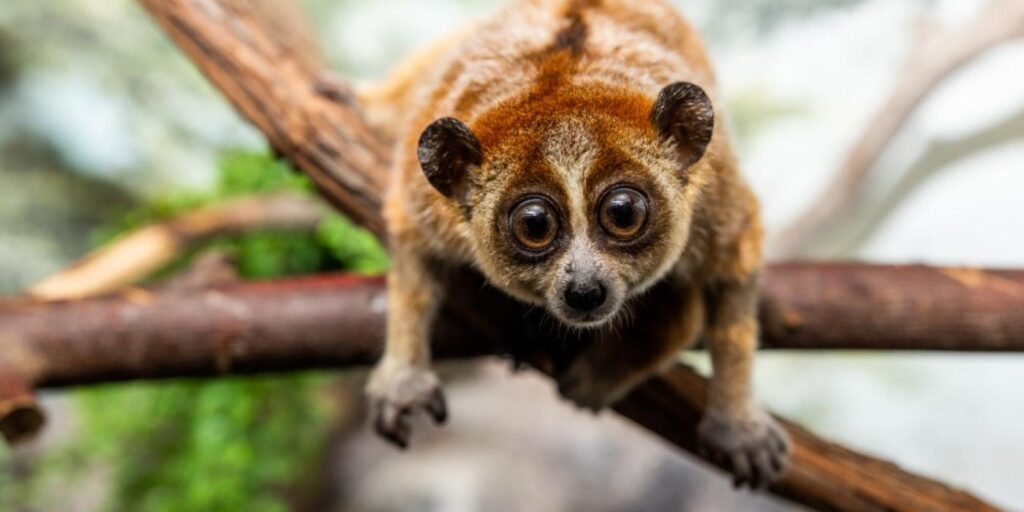
16. Tenrec
Small, insectivorous animals endemic to Madagascar are tenrecs. Although their spiky look makes them often likened to hedgehogs, these exotic pets are really more closely related to elephants. Ten-recs are nocturnal and need a safe habitat with plenty of hiding spots and chances for digging.
Buying exotic animals as pets such as tenrecs means knowing their particular food requirements, which include fruits and vegetables as well as a range of insects like mealworms and crickets.
Though they are wild creatures and may not love being handled, tenrecs are usually low-maintenance pets that may be trained with frequent handling.
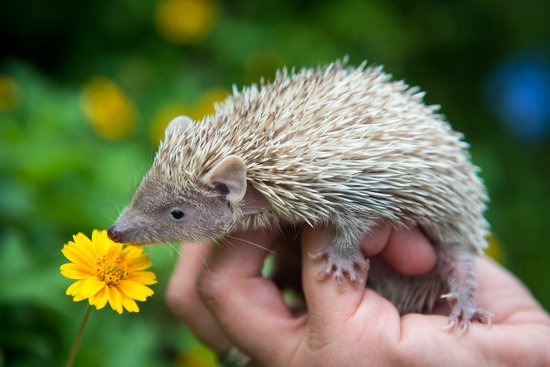
17. Binturong
Native to Southeast Asia, the binturong—also called the bearcat—is a large, arboreal animal. Often likened to popcorn, these exotic animals have a unique scent. Their long, prehensile tails allow them to grab branches as they traverse the forest.
Being omnivores, binturongs should be given a diet including fruits, vegetables, insects, and tiny quantities of meat. Buying exotic animals such as binturongs calls for a dedication to provide them a sizable, safe habitat along with climbing frames and other kinds of enrichment.
Since binturongs are lonely creatures and may not want companionship from other pets, prospective owners should be ready to take care of them alone.
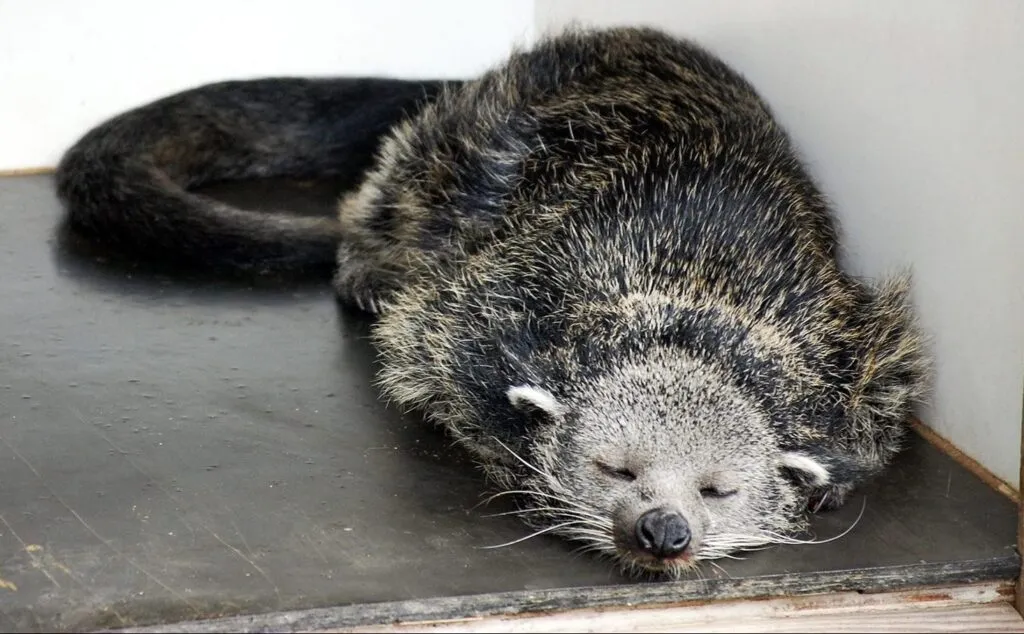
18. African pygmy hedgehog
Small and spiky, the African pygmy hedgehog has become very well-known as a pet recently. Regular handling helps one to tame these exotic animals, who are quite low-maintenance. Being nocturnal, African pygmy hedgehogs need a safe habitat with plenty of hiding places and exercise chances.
Buying exotic animals as pets like African pygmy hedgehogs means knowing their feeding requirements, which include fruits and vegetables as well as a range of insects including mealworms and crickets.
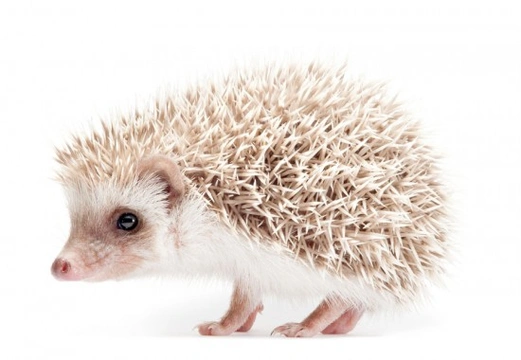
19. Bush Baby
Small, nocturnal primates native to Africa, bush babies—also called galagos—are These exotic animals are well-known for their big eyes, which enable dark-night vision, and for their remarkable jumping range. Highly energetic creatures, bush babies need a wide, safe habitat with many climbing frames and exercise possibilities.
Buying exotic animals as pets like bush babies means knowing their particular food requirements, which call for a range of fruits, vegetables, and bugs. Potential owners should be ready to provide for more than one as Bush babies are gregarious creatures that thrive in couples or small groups.
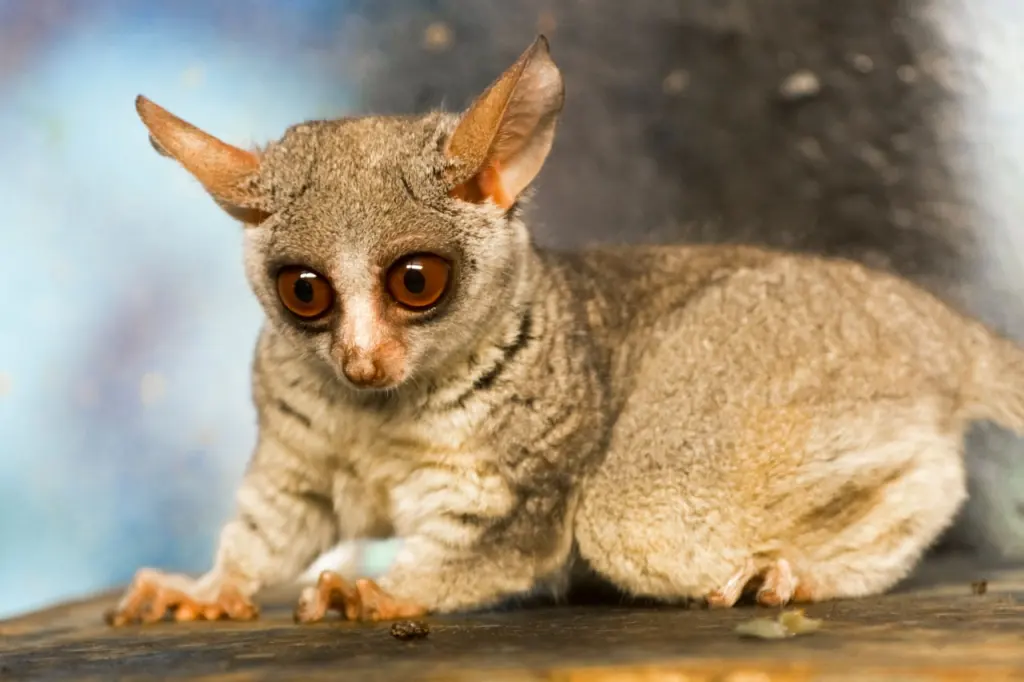
20. Common Degu
Native to Chile, degus are tiny, gregarious rodents often likened to guinea pigs or chinchillas. These exotic animals are very energetic and need a big, safe habitat with plenty of room for digging, climbing, and investigating. Being herbivores, degus should be given a diet of hay, fresh vegetables, and especially designed pellets.
Buying exotic animals as pets like degus requires knowing their social requirements as they thrive in couples or small groups. Usually simple to control, degus may grow to be very loving with their owners; yet, they need constant engagement to be socialized.
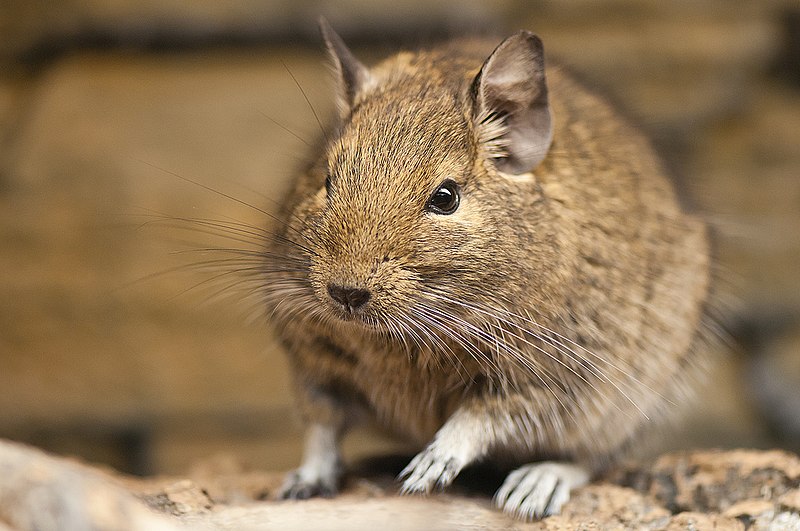
The realm of exotic animals is large and full of amazing species that provide a different kind of substitute for more conventional dogs. Still, exotic animals come with their own set of difficulties and obligations.
Whether your preferred exotic animals as pets like fennec fox, an axolotl, or a capybara, make sure you do extensive study and know the requirements of these creatures before introducing one into your household.
